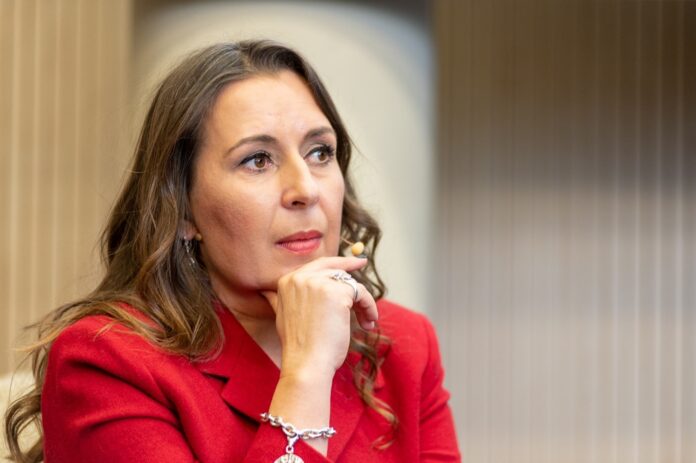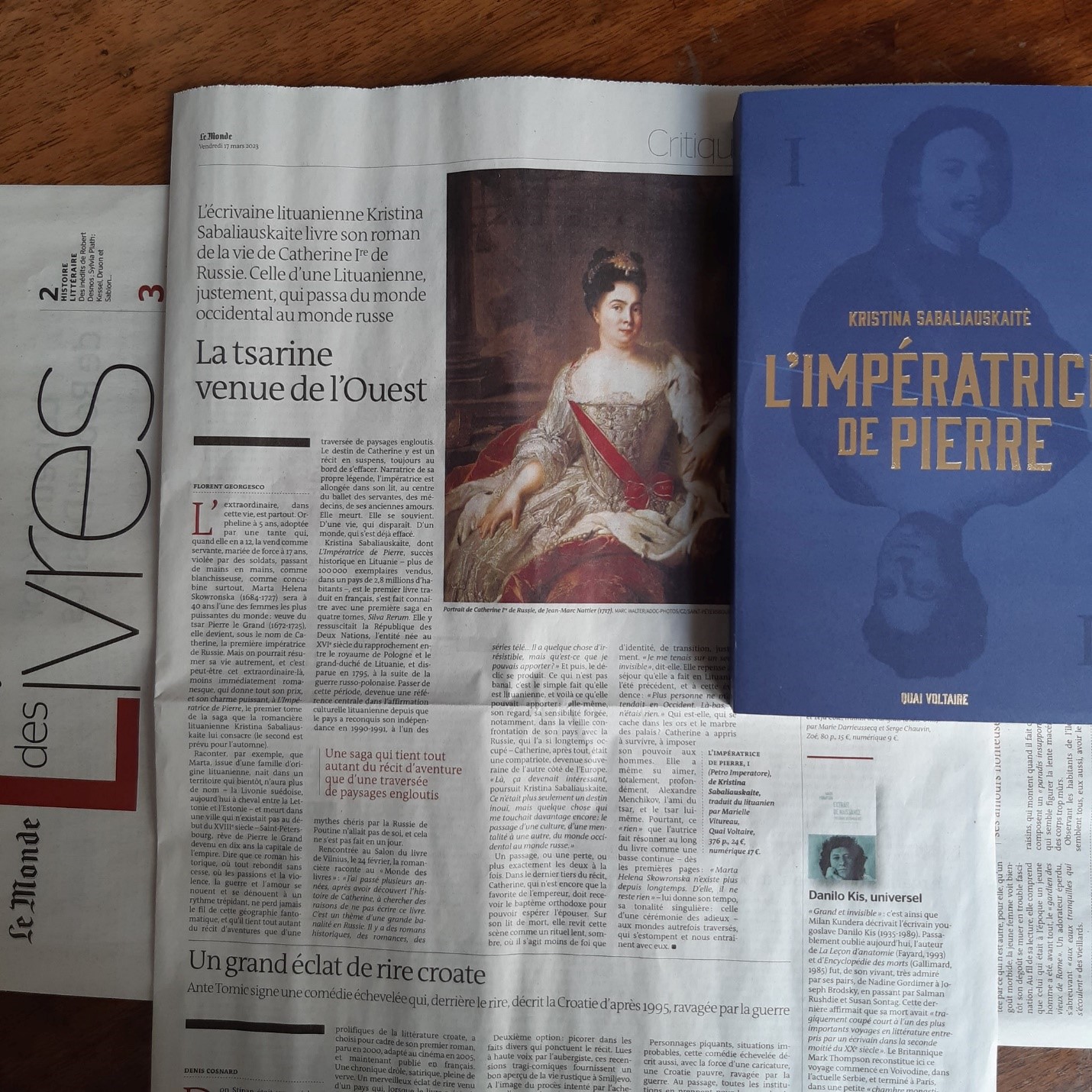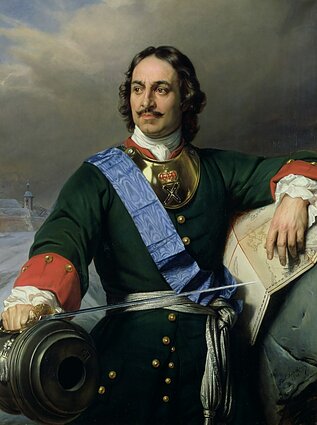
The first novel by a contemporary Lithuanian author was published this year by the famous French publishing house “Gallimard” (Éditions de La Table Ronde). Translated by Marielle Vitureau, author Kristina Sabaliauskaitė’s, Peter’s Empress (Petro imperatorė) became a sensation in French bookstores and among literary critics.
The French newspaper Le Monde gave it almost a full page, with reviewer Florent Georgesco speaking about the novel’s powerful fascination and its readability both as an historic saga and a journey through past worlds. Sabaliauskaitė, a Lithuanian, brings herself, her point of view, and her sensitivity carved from her country’s age-old confronation with Russia. He notes the intersection of cultures and cultural identities, and the novel’s intense rhythm, where passion and coercion, love and war are interwoven, with the constant thread of a ghostly cultural past.

In Le Figaro Magazine, Marie Rogatien wrote that this epic journey, as described by the star of Lithuanian literature (Kristina Sabaliauskaitė), is both poetic and violent, painting the fate of a woman and a nation, torn by their conflicting attraction to the modern West and their inborn customs.
Gérard Collard, one of the most influential French literary critics, said of the book – “This is not a novel, but a hurricane!” In three TV interviews he noted that he doesn’t remember when he read such a good historical novel, and called it the discovery of the year. “This is not an ordinary book”, he said, “it could have been written by Alexandre Dumas. It is absolutely, unbelievably excellent”.

In the Netherlands, the first volume of Peter’s Empress was so popular, it went to a fourth printing. Part two reached Dutch readers in February of this year, and immediately landed in the top five of the largest daily, NRC, in second place after Margaret Atwood’s Old Babes in the Wood. Belgian historian and Slavic scholar Emmanuel Waegemans, an expert on the era of Peter I and Yekaterina II, was enthusiastic about the novel, calling it a gold mine for anyone familiar with Peter’s biography, and praising the author’s knowledge of the field. In Slovenia, translated by poet Klemen Pisk, the novel has already become a literary meme.
Its original publisher, “Baltos lankos”, notes that the book received negative comments in Lithuania for its lifeless characters, blatant anti-Russian views, and monotonous storytelling, although it has never been properly reviewed.
From an article in bernardinai.lt





























